Keynote Speakers

Charlotte Blease, PhD
Dr. Charlotte Blease is a philosopher and interdisciplinary health researcher. She is an Associate Professor at the Department of Women’s and Children’s Health, Uppsala University, Sweden and Research Affiliate at Digital Psychiatry, Beth Israel Deaconess Medical Center, Boston. Prior to this she was based at Harvard Medical School for five years and has held academic posts in Europe and the UK.
Blease has a diverse publication portfolio of more than 120 journal articles across digital health, evolutionary psychology, health psychology, philosophy, and ethics. Among her expertise is placebo studies, the role of artificial intelligence in undertaking clinical tasks, and online record access. In February 2024 her co-edited volume “The Nocebo Effect: When Words Make You Sick” was published with Mayo Clinic Press. She is also writing a book on AI and the psychology of the medical appointment for Yale University Press.

Elizabeth Ozer, PhD
Dr. Elizabeth Ozer is a Professor of Pediatrics and Associate Vice Provost of Faculty Equity, Office of Diversity and Outreach at UCSF. Dr. Ozer is a psychologist whose research has focused primarily on the health of adolescents, young adults, and women. She has served as Principal Investigator on numerous federal research grants supporting multidimensional interventions to improve adolescent and young adult health through targeting clinicians, adolescents, and health care systems, as well as social determinants of health and disparities in the delivery of health services. For more than a decade, she has focused on ways that technology can be incorporated into successful models of preventive care to increase self-efficacy and promote behavior change. This includes developing and piloting an interactive behavioral/emotional health module for adolescents that can be integrated into health care delivery (AHRQ); designing a computerized personalized behavior change system for adolescent preventive health (focused on reducing substance use) that extends the reach of the clinician (NSF/NCI); and an NIH Science Education Partnership Award to enhance the training and diversity of the biomedical, behavioral, and clinical research network. Dr. Ozer leads the Maternal & Child Health (MCHB) funded Adolescent/Young Adult Health Network with a focus on developing a national transdisciplinary research agenda for adolescent and young adult health and translating research into practice. She earned her MA, PhD and completed a clinical psychology internship at Stanford University, and an NIMH post-doctoral fellowship at University of California, SF in Psychology and Medicine (Health Psychology) and Adolescent Health.
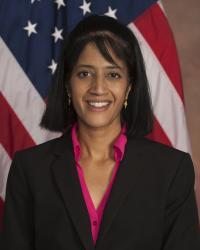
Diana M. Thomas, PhD
Diana M. Thomas received her Ph.D. from the Georgia Institute of Technology in 1996. She is currently a professor of mathematical sciences at the United States Military Academy at West Point.
Dr. Thomas has been an active research mathematician for over 30 years with a focus on nutrition and obesity related modeling. She has worked with large complex and high dimensional datasets and co-invented the remote weight loss program, SmartLoss™, which has been clinically applied world-wide to guide and improve individual patient weight loss adherence through smartphone technology. She is an associate editor for the world’s top ranked journal for original research in nutrition, the American Journal of Clinical Nutrition and co-edits the series “Best (but oft-forgotten) practices”, which consists of methodologic commentaries or statistical tutorials. Dr. Thomas is currently the PI of the Artificial Intelligence, Data Engineering & Machine Learning (AIDE-ML) Center for the Nutrition for Precision Health Consortium which she also served as a co-chair for the Steering Committee. Dr. Thomas holds the 2012 Mathematical Association of American of NJ Distinguished Teaching Award, the 2015 Obesity Society George Bray Founder’s Award, and the 2023 American Mathematical Society Mary P. Dolciani Prize for Excellence in Research.
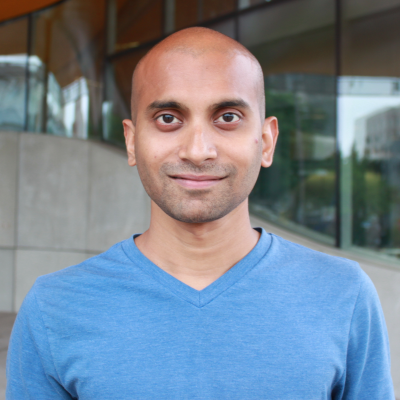
Saeed Abdullah, PhD
Saeed Abdullah is an assistant professor in the College of Information Sciences and Technology (IST) at Penn State. His research focuses on developing human-centered and data-driven technologies to improve health equity and access. His recent work has led to designing conversational agents to support health needs of diverse communities, including women with metastatic breast cancer and individuals with PTSD. He is currently working on using generative AI for health intervention design and clinician training. He is also exploring how to create supportive financial technologies for marginalized communities, including individuals with bipolar disorder.
His research has been recognized through several accolades, including the IST Junior Faculty Excellence Award in Research and the $100,000 Heritage Open mHealth Challenge award. His publications have received a Best Paper Award (MobileCHI) and an Honorable Mention (CHI). His projects have been supported by multiple grants from the National Science Foundation and the National Institutes of Health.
Panelists
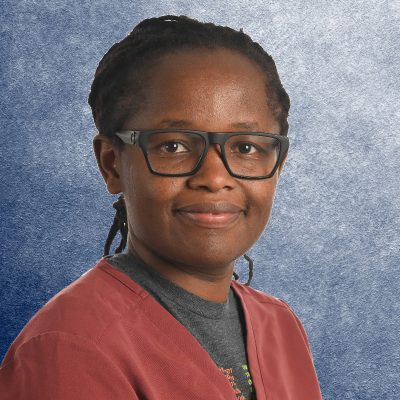
Judy Wawira Gichoya, MD, MS
Dr. Gichoya is an associate professor at Emory university in Interventional Radiology and Informatics leading the HITI (Healthcare AI Innovation and Translational Informatics) lab . Her work is centered around using data science to study health equity. Her group works in 4 areas - building diverse datasets for machine learning (for example the Emory Breast dataset); evaluating AI for bias and fairness; validating AI in the real world setting and training the next generation of data scientists (both clinical and technical students) through hive learning and village mentoring. She serves as the program director for radiology:AI trainee editorial board and the medical students machine learning elective. She has mentored over 60 students across the world (now successful faculty, post doc, PHD and industry employees) from several institutions around the world.
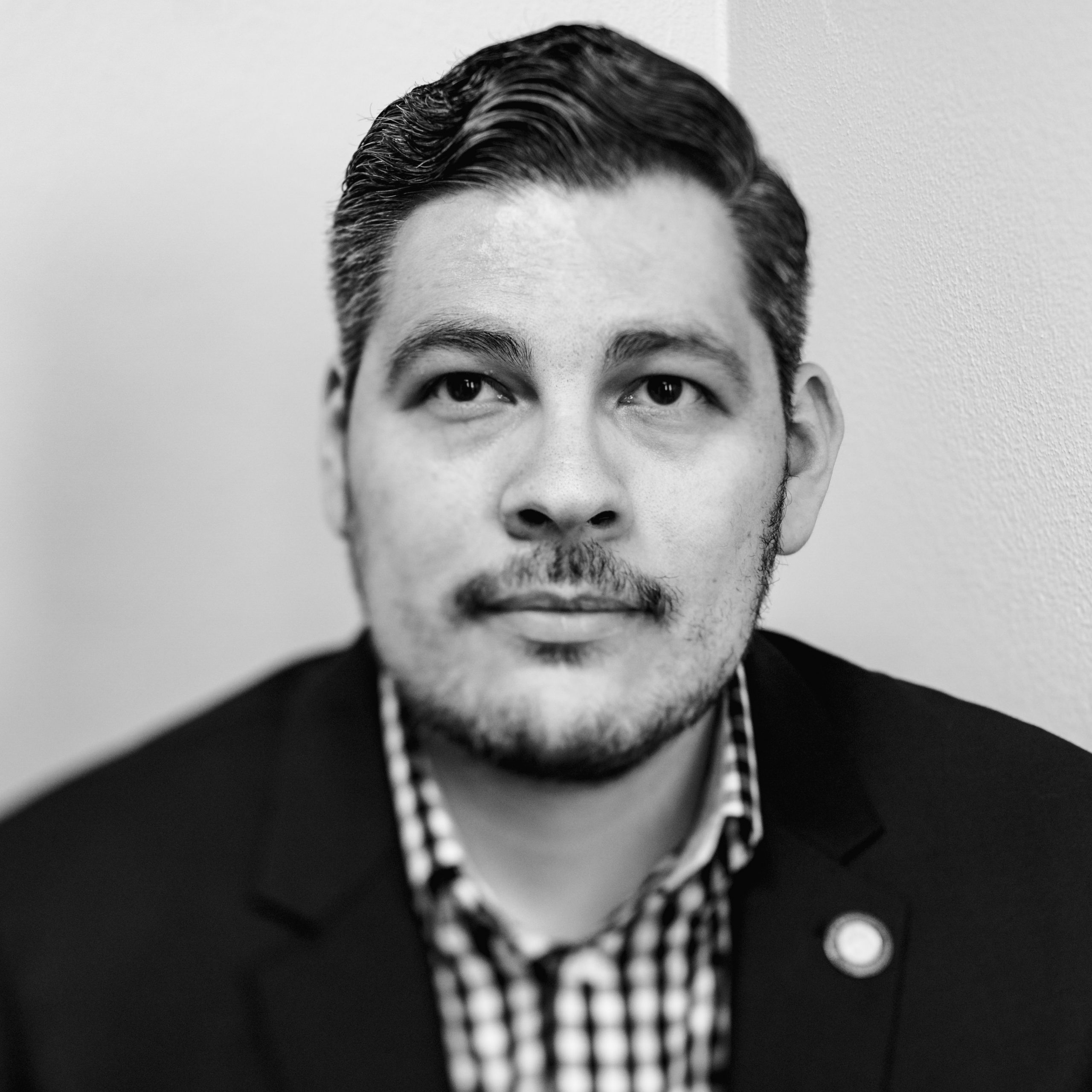
Stephen Aguilar, PhD
Dr. Stephen J. AguiIar is an Assistant Professor of Education at the USC Rossier School of Education. His research focuses on investigating how educational technologies—both emerging and established—influence teaching, learning, and motivation. To this end, Dr. Aguilar explores the impact of learning analytics, generative AI in educational settings, the digital equity gap, and gameful approaches to teaching and learning. Currently, he is co-leading USC’s new Center for Generative AI and Society’s efforts to understand when and how generative AI is used by students and instructors in post-secondary settings.
His honors and awards include winning both the Wilbert J. McKeachie Early Career Award for Motivation in Education Research, and the AERA Division C Early Career Award. His work has been funded by the National Science Foundation, the National Institutes of Health, and the US Army, among others. Dr. Aguilar’ has also given televised interviews on the digital equity gap in both English and Spanish, has been guest on NPR’s AirTalk, and has been interviewed by the Los Angeles Times, USA Today, The Washington Post.
Dr. Aguilar received a B.A. in Philosophy and Psychology from Georgetown University, a M.A. in the Humanities (Philosophy) from the University of Chicago, and a Ph.D. in Education and Psychology from the University of Michigan. Previously, he taught sixth and seventh grade in East Palo Alto, California and served as a the Director of Institute Technology for Teach For America-Los Angeles’s summer institute.
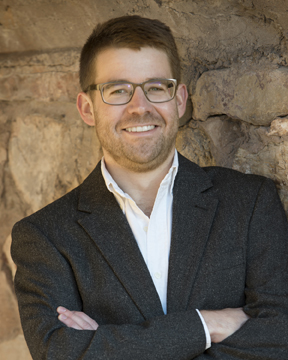
Joshua August (Gus) Skorberg, PhD
Joshua August (Gus) Skorburg is Associate Professor of Philosophy, Academic Co-Director of the Centre for Advancing Responsible and Ethical Artificial Intelligence (CARE-AI), and Faculty Affiliate at the One Health Institute at the University of Guelph in Ontario, Canada. From 2018-2022 he was Adjunct Professor in the Fuqua School of Business at Duke University. He received his PhD in Philosophy in 2017 from the University of Oregon. His research spans topics in applied ethics and moral psychology.
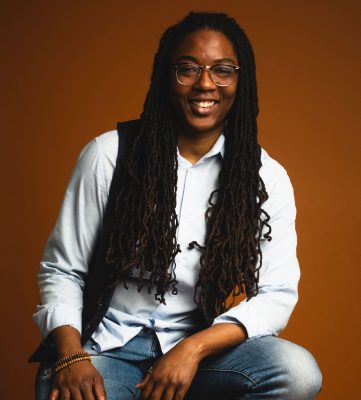
Christina Harrington, PhD
Dr. Harrington an Assistant Professor in the HCI Institute at Carnegie Mellon University where she also have a courtesy appointment in the School of Design. She is also the Director of the Equity and Health Innovations Design Research Lab. She is a designer and qualitative researcher focusing on understanding and conceptualizing technology experiences that support health and wellness among older adults and individuals with disabilities. Her research employs design as a catalyst for health equity and socially responsible technology experiences. She explores these concepts through community-based participatory design and co-creation methods. Her work uses culturally tailored design to expand technology access and constructs of empowerment among marginalized communities.
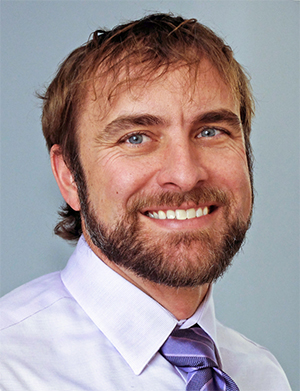
Matthew DeCamp, PhD
Dr. DeCamp is an Associate Professor in the Center for Bioethics and Humanities and Division of General Internal Medicine at the University of Colorado. A practicing internist, health services researcher and philosopher, Dr. DeCamp employs both empirical and conceptual methods to identify and solve cutting edge problems at the interface of health care, policy and bioethics. He serves as Director of Research Ethics for the Colorado Clinical and Translational Sciences Institute (CCTSI) and is a member of the Partnership of Academicians and Communities for Translation (PACT) Council of the CCTSI. Dr. DeCamp has two active projects on artificial intelligence in health care: one, as Principal Investigator of an NIH/NINR R01 on the use of AI-based prognostication in palliative care and another as Principal Investigator of a Greenwall Foundation Making a Difference grant examining ethics and chatbots.
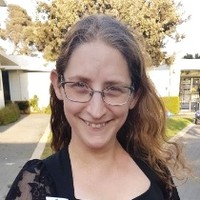
Shiri Dori-Hacohen, PhD
Prof. Dori-Hacohen is an Assistant Professor at the Department of Computer Science & Engineering at the University of Connecticut, where she leads the Reducing Information Ecosystem Threats (RIET) Lab. She is also the Founder & Chair of the Board at AuCoDe. Prof. Dori-Hacohen’s research focuses on threats to the information ecosystem online and to healthy public discourse from an information retrieval lens, informed by insights from the social sciences. She is a recognized expert in the information ecosystem research area and has published extensively on the topic. Prof. Dori-Hacohen has recently founded the Reducing Information Ecosystem Threats (RIET) Lab, which focuses on controversial topics, misinformation and disinformation and the connections between them, and the ensuing impacts and implications. Her research has been funded by the National Science Foundation and Google, among others. Prof. Dori-Hacohen has served as PI or Co-PI on $7.5M worth of federal funds from the NSF.
Moderators

Sherry Pagoto, PhD
Dr. Pagoto is a Professor in the Department of Allied Health Sciences at the University of Connecticut and Director of the UConn Center for mHealth and Social Media. Her research, funded by the National Institutes of Health for over 17 years, focuses on leveraging technology in the development and delivery of behavioral interventions designed to reduce risk for the top 2 causes of death in our country: cardiovascular disease and cancer. She has published 200 papers on these topics. Devoted to communicating behavioral science to the public, she has >28K followers on Twitter and has written for the Washington Post, Boston Globe, Salon, US News and World Report, Chronicle of Higher Education, and Psychology Today. Her work has been featured in major news outlets including CNN, NPR, NBC News, ABC News, and Good Morning America.
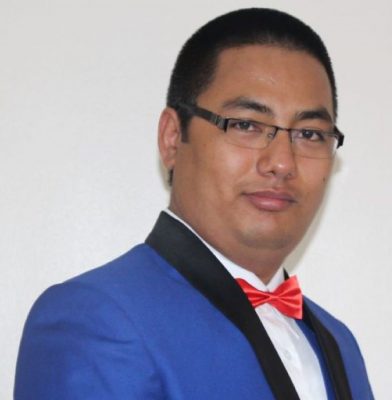
Roman Shrestha, PhD, MPH
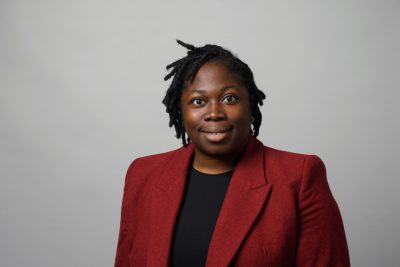
Jolaade Kalinowski, PhD
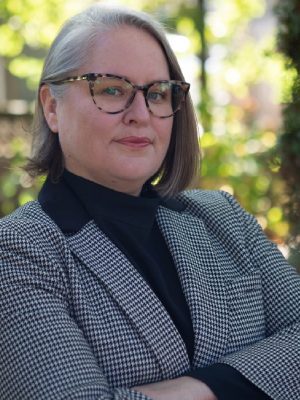
Megan O’Grady, PhD
Dr. Megan O’Grady is an Assistant Professor of Public Health Sciences. She is an applied social psychologist and health services researcher, and her research and evaluation program aims to improve the system of care for and prevention of substance use disorders. Dr. O’Grady is currently the principal investigator on an NIH-funded study examining the implementation of a text messaging program for unhealthy alcohol use in emergency departments, co-investigator on 5 NIH-funded studies on substance use services implementation, and lead evaluator on several SAMHSA- and State-funded projects in partnership with New York State and the State of Connecticut. In addition, she directs the Center for Prevention Evaluation and Statistics (CPES) at UConn Health and is co-chair of Connecticut’s State Epidemiological Outcomes Workgroup. She received her PhD at Colorado State University and was a post-doctoral fellow in UConn Health’s Alcohol Research Center.

Lindsay Palmer, PhD
Lindsay joined Dr. Pagoto’s team in 2022. She graduated from Penn State with a Ph.D. in Psychology and Women’s, Gender, and Sexuality studies. Her research primarily focuses on phenomena related to social disparities, stigma, and diversity.